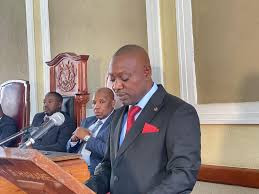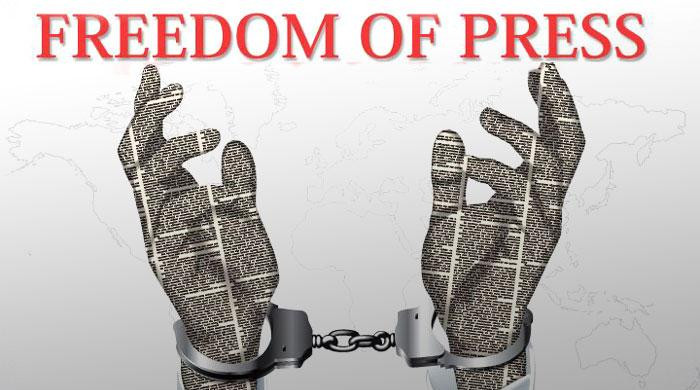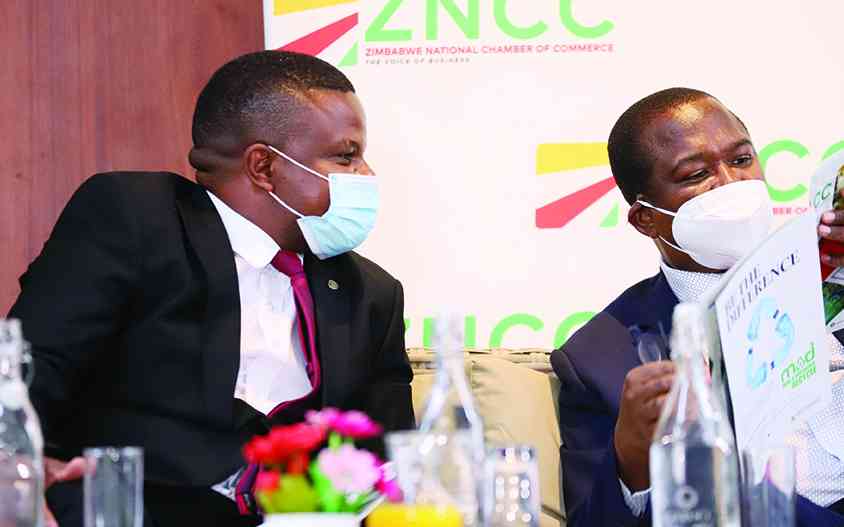BY PRIVELEDGE GUMBODETE GOVERNMENT last Friday admitted that the country was so highly in-formalised that the formal labour market was facing collapse.
Over 70% of the country’s citizens are now self-employed.
Speaking at the National Formalisation Strategy validation workshop held in Harare, secretary in the Public Service, Labour and Social Welfare ministry Clifford Matorera said there was urgent need to formalise the informal sector.
“Under the National Development Strategy (NDS1) for decent work, government prioritised the development and implementation of a national action plan to address the most pervasive decent work deficits in the informal economy,” Matorera said.
“This is evidenced by the growth in the informal economy where over 70% of our labour force is employed according to the fourth quarter 2021, labour force survey report compiled by ZimStat.
“This clearly demonstrates a weak performance and points to a myriad exigencies associated with our labour market system and leakages or under-estimation of the circular flow of national income in the formal path.”
Keep Reading
- Chamisa under fire over US$120K donation
- Mavhunga puts DeMbare into Chibuku quarterfinals
- Pension funds bet on Cabora Bassa oilfields
- Councils defy govt fire tender directive
International Labour Organisation specialist in the informal economy Annamarie Kiaga said: “Labour market conditions have continued to deteriorate over the past two years. In 2019, Zimbabwe’s gross domestic product contracted by over 6,5% due to fiscal consolidation, effects of Cyclone Idai and the devastating impact of a drought that severely affected agriculture and electricity production.”
Formalisation of the informal economy seeks to promote the transition from informal to the formal economy as a means of increasing the fiscal revenue base, regularising employment and ultimately growing the economy in a more sustainable manner.
The strategy was being scrutinised by different stakeholders.
- Follow us on Twitter @NewsDayZimbabwe





